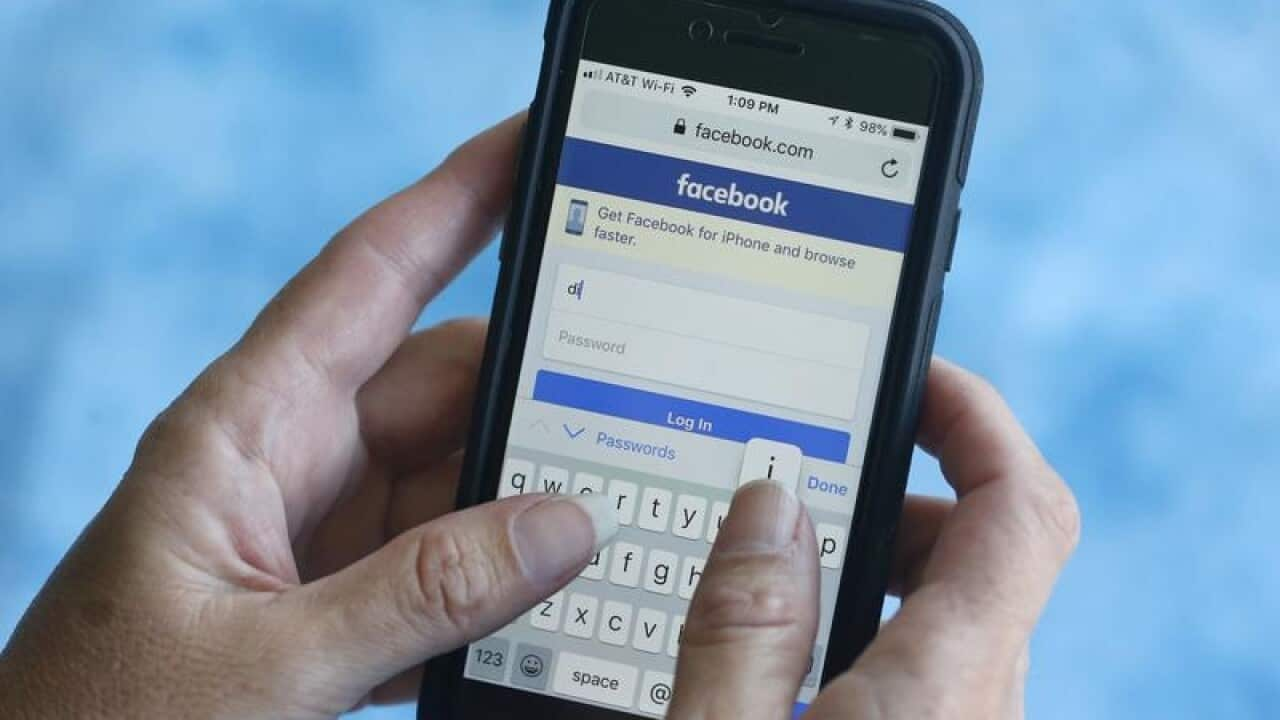Facebook left millions of user passwords readable by its employees for years, the company says, an acknowledgement it offered after a security researcher posted about the issue online.
By storing passwords in readable plain text, Facebook violated fundamental computer-security practices. Those call for organisations and websites to save passwords in a scrambled form that makes it almost impossible to recover the original text.
"There is no valid reason why anyone in an organisation, especially the size of Facebook, needs to have access to users' passwords in plain text," said cybersecurity expert Andrei Barysevich of Recorded Future.
Facebook said on Thursday there is no evidence its employees abused access to this data. But thousands of employees could have searched them.
The company said the passwords were stored on internal company servers, where no outsiders could access them.
The incident reveals yet another huge and basic oversight at a company that insists it is a responsible guardian for the personal data of its 2.2 billion users worldwide.
The security blog KrebsOnSecurity said Facebook may have left the passwords of about 600 million Facebook users vulnerable.
In a blog post , Facebook said it will likely notify "hundreds of millions" of Facebook Lite users, millions of Facebook users and tens of thousands of Instagram users that their passwords were stored in plain text.
Facebook Lite is a version designed for people with older phones or low-speed internet connections. It is used primarily in developing countries.
Last week, Facebook CEO Mark Zuckerberg touted a new "privacy-focused vision " for the social network that would emphasise private communication over public sharing. The company wants to encourage small groups of people to carry on encrypted conversations that neither Facebook nor any other outsider can read.
The fact that the company couldn't manage to do something as simple as encrypting passwords, however, raises questions about its ability to manage more complex encryption issues - such as in messaging - flawlessly.
Facebook said it discovered the problem in January. But security researcher Brian Krebs wrote that in some cases the passwords had been stored in plain text since 2012. Facebook Lite launched in 2015 and Facebook bought Instagram in 2012.
Security analyst Troy Hunt, who runs the 'haveibeenpwned.com' data breach website, said that the situation is embarrassing for Facebook, but that there's no serious, practical impact unless an adversary gained access to the passwords. But Facebook has had major breaches, most recently in September when attackers accessed some 29 million accounts .









